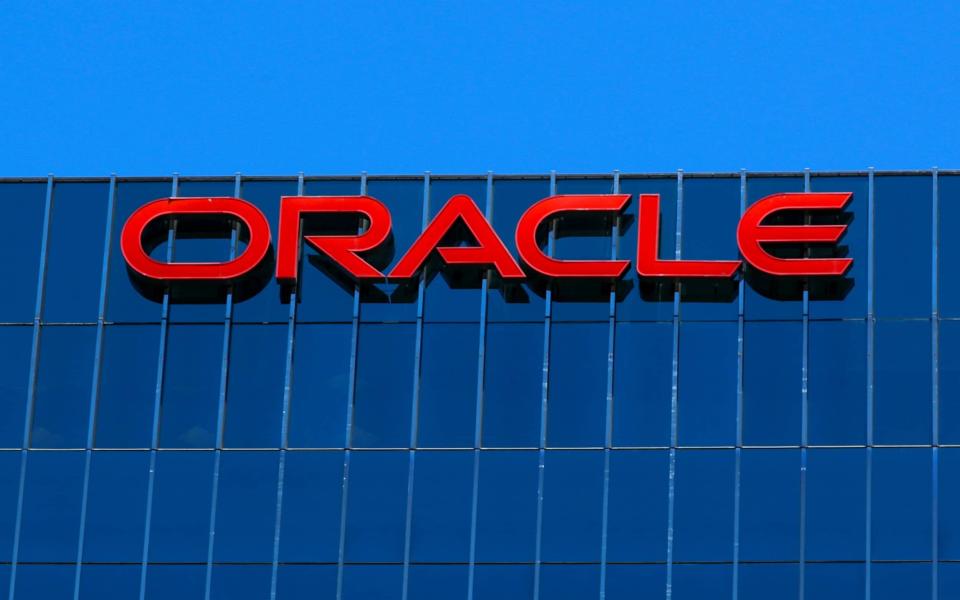Google wins ten-year legal battle with Oracle in US Supreme Court

Google has fended off a decade-long, $9bn (£6.5bn) legal war with the software company Oracle over the search giant's Android operating system.
The US Supreme Court decided six to two that Google's lifting of about 11,500 lines of code from Oracle's widely-adopted Java software suite was fair use and did not break copyright law.
Oracle had sought damages of almost $9bn (£6.5bn), with both sides framing the other as a powerful incumbent and themselves as fighting for underdog challengers.
The database giant, which owns some components of Java through its acquisition of Sun Microsystems in 2009, sued Google the following year for patent and copyright infringement.
However, Google argued that they had simply copied a "method of operation", similar to a Qwerty keyboard or a gear stick in a car, in order to let Android interface with Java, representing about 0.4pc of the code in the specific system at issue.
Programming luminaries and open source software advocates hailed the decision as a victory for the ability of smaller competitors to build on widely-used code instead of starting from nothing.
A judgement in Oracle's favour could also have disrupted the whole computer industry, since many commonly-used systems are built on top of other companies' code in a similar manner.
A great Supreme Court ruling in favor of software interoperability and developer freedom!https://t.co/vG4SFg4Goe
— Tim Sweeney (@TimSweeneyEpic) April 5, 2021
This is a VERY big deal for software and a very good thing for APIs!!!!
— Christina Warren (@film_girl) April 5, 2021
I did not hold much hope that #SCOTUS would get Google vs. Oracle right, but it looks like they did...https://t.co/perDQuoXhr
— Poul-Henning Kamp (@bsdphk) April 5, 2021
Kent Walker, Google's senior vice president of global affairs, said: "Today's Supreme Court decision in Google v Oracle is a big win for innovation, interoperability and computing. Thanks to the country's leading innovators, software engineers and copyright scholars for their support."
Oracle said: "The Google platform just got bigger and market power greater. [It shows] exactly why regulatory authorities around the world and in the US are examining Google's business practices."
The case hinged on Google's replication of 37 "declaring" commands from Java's application programming interface, or API. APIs allow other apps and programs to interface with a service via a standardised language, summoning up particular functions for their own use.
Google built its own version of each of the 37 Java functions, but retained Java's standard commands to call them up, allowing programs built to interface with Java's API to with Android. Oracle had sought to argue that APIs can be copyrighted and that Google's specific use of parts of its API broke its copyright.
The court did not decide on the first question, but said: "Google copied only what was needed to allow programmers to work in a different computing environment without discarding a portion of a familiar programming language...
"Google's purpose was therefore consistent with that creative progress that is the basic constitutional objective of copyright itself."

 Yahoo Finance
Yahoo Finance 